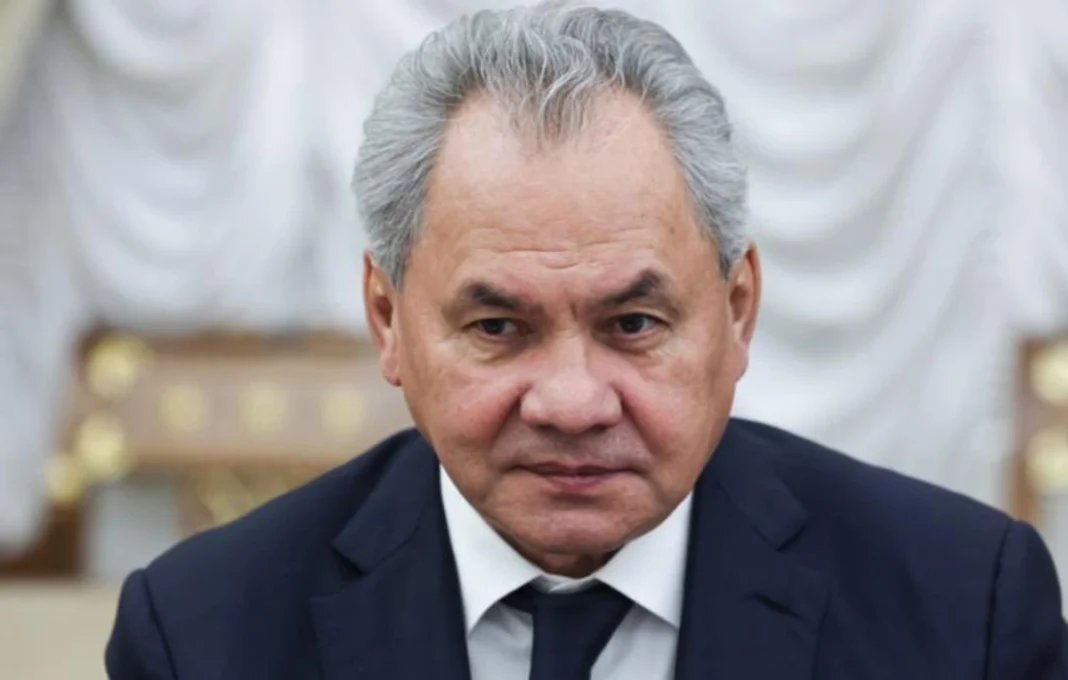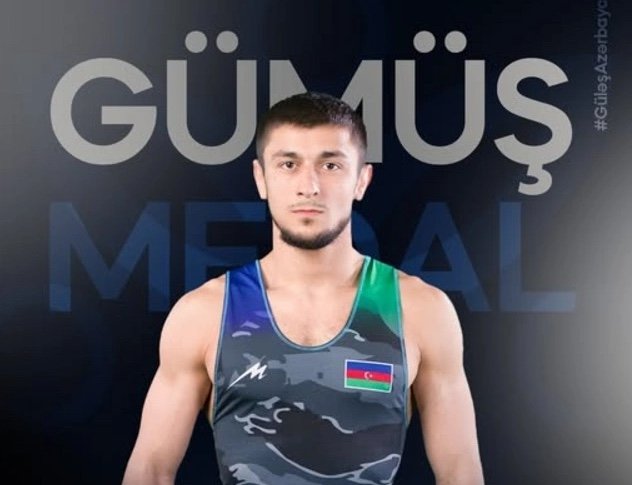MOSCOW, July 17 — Russian Security Council Secretary Sergey Shoigu has issued a stark warning to European nations, stating that any military conflict with Russia would lead to their total defeat, regardless of recent increases in defense spending.
Speaking at a press briefing in Moscow, Shoigu claimed that Western powers, particularly NATO members in Europe, are pursuing a dangerous course by escalating military aid to Ukraine and expanding defense budgets. “Despite boosting their military expenditures, if war breaks out with Russia, Europe will be crushed,” he said, as reported by Kommersant.
Shoigu’s remarks come in the wake of a major NATO summit held in The Hague in June 2025, where member states pledged to increase defense spending to 5% of GDP by 2035 — a move seen as a direct response to Russia’s war in Ukraine and perceived military assertiveness. In turn, Russia has raised its own military budget to a record 6.3% of GDP, the highest level since the Soviet era, allocating nearly one-third of its federal budget to defense and internal security.
While warning of the consequences of confrontation, Shoigu also emphasized that Moscow remains open to equal and respectful dialogue with European capitals. He said Russia is prepared to engage in discussions about a new Eurasian security framework — a message that contrasts with his more aggressive rhetoric about European military vulnerability.
Earlier, Shoigu had claimed that several European countries are already preparing for the possibility of war with Russia by 2030. He framed this planning as both provocative and self-defeating, arguing that it would destabilize the continent’s security while draining resources from social needs. “They are mortgaging their own stability for an illusion of deterrence,” Shoigu asserted.
The Kremlin has also responded forcefully to reports of potential deliveries of long-range weaponry to Ukraine, including German-made Taurus missiles. Shoigu warned that such systems cannot be operated without foreign assistance and said that their use would implicate Western military personnel directly in hostilities against Russia. “In the event of Taurus missile deployment, German military specialists would effectively be taking part in combat operations,” he noted, referencing what he characterized as a red line for the Kremlin.
Beyond Europe, Shoigu’s recent diplomatic efforts have included strengthening ties with North Korea. In June, Russia announced plans to host 1,000 North Korean sappers and 5,000 construction workers to assist with infrastructure and demining efforts in western Russian regions. This cooperation follows high-level exchanges between Russian and North Korean leadership, signaling deepening military and logistical partnerships at a time of growing international isolation for Moscow.
Despite the mounting rhetoric, Russian officials insist their actions are reactive rather than provocative. Foreign Minister Sergey Lavrov recently downplayed NATO’s expanded defense budget, stating it would not “significantly affect” Russia’s security but warned that the alliance was drifting away from any notion of mutual stability.
Analysts note that Shoigu’s confrontational tone, combined with offers of dialogue, reflects a dual strategy aimed at deterring NATO escalation while portraying Russia as open to diplomacy — albeit on its own terms. As both sides continue to rearm and reinforce their positions, the window for constructive engagement appears increasingly narrow.
The remarks underscore the growing divide between Russia and Europe and come at a time when public opinion across the continent is divided over how far to go in confronting Moscow. Shoigu’s warnings, while framed as deterrent messaging, reflect a broader Russian narrative that sees NATO’s movements not as defense, but as a prelude to deeper confrontation.




